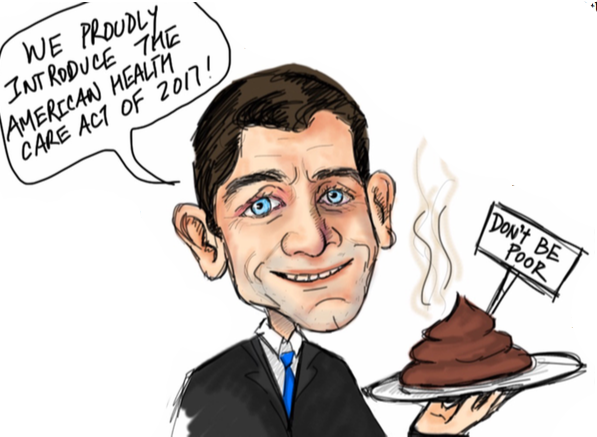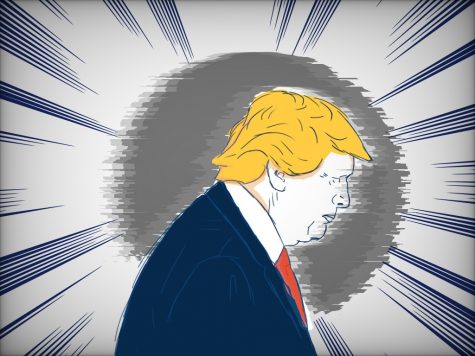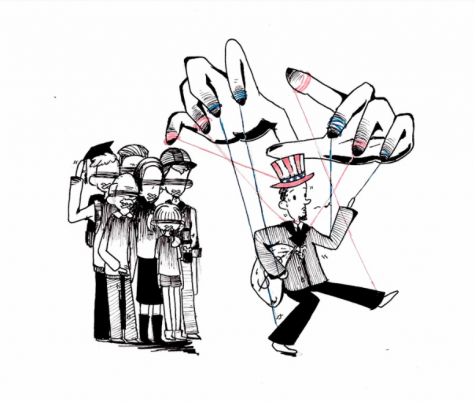A little less terrible: the fallacy of Obamacare-worship
“Ryancare” (or “Trumpcare,” depending on whom you ask) may have failed to pass the House, thereby saving twenty-eight million Americans from losing their health insurance and between 270,000 and 500,000 people from dying in the next decade, at least according to Vice News. But that doesn’t mean that all is well with healthcare in the United States.
While Democrats praise the Affordable Care Act, or Obamacare, to the ends of the earth, it has never been a monumental or even sufficient law. Over thirty million people remain uninsured, 17% of adults under the age of sixty-five report having trouble affording healthcare, the US spends more money per capita on healthcare than any other country, and Obamacare premiums rose 22% in 2017.
The truth is that the ACA was just a small improvement to the rotten underlying structure of healthcare in America. Obamacare expanded Medicaid and provided government subsidies to consumers, but kept the system of for-profit healthcare at the expense of the working class.
Democrats protesting Ryancare / Trumpcare with “healthcare is a right, not a privilege” forget that, according to Bloomberg, Obamacare withholds this essential right from some twenty-seven million people (including some 5.4 million people in this country illegally). The essential problem is that both parties continue to treat healthcare as a commodity to be bought and sold rather than a necessity that society should provide to all.
What the United States needs, and what the rest of the developed world has achieved, is a revolution in public health in the form of Medicare-for-all. This policy, also known as single-payer, will make healthcare free for all Americans and solve many of the problems with Obamacare, from high premiums to a lack of universal coverage.
A universal healthcare system is necessary to reverse the incredible inequality in US health. While the United States has enviable doctors, hospitals, and medical technology, this excellence does not extend to actually providing healthcare to most Americans. The OECD (Organisation for Economic Co-operation and Development) has found that countries with half America’s medical spending—for example, Australia—have higher cancer survival rates. And a study by the journal Health Affairs found that the poorest fifth of Americans receives forty-three percent less healthcare than the richest fifth.
This inability to afford healthcare and resulting lack thereof hurts the whole population because many forego preventive care and develop serious conditions that cost enormous amounts of money to cure. This burden falls on the victims themselves, hospitals, or Medicare, costing society more than providing early care would have.
Thus, not only is Medicare-for-all the most affordable system for working- and middle-class Americans, but the policy will also save a great deal of money for the United States as a whole by providing preventive care. Additionally, allowing the government to negotiate health care prices with pharmaceutical companies will drop prices substantially, as such actions have elsewhere in the world, as demonstrated by an August 2016 report in the Journal of the American Medical Association. These benefits will help reverse the rapid increase of healthcare costs in the US, currently the highest in the world.
Medicare-for-all will lower the enormous prices for care faced by most Americans, improve the quality of healthcare, and save thousands of lives every year. A single-payer healthcare system would not fix all of the country’s health problems, but it would help millions of low-income Americans received the same quality of care as their counterparts in other developed countries.
If universal healthcare is legislated, no longer will millions live in fear that a catastrophic, or even minor, illness will not only endanger their lives, but also their ability to provide for their children. No longer will millions of middle-class families writhe under unaffordable premiums and insufficient subsidies. No longer will thirty million Americans be denied their right to health insurance. If we are serious about promoting the health of all our people, the United States can delay no longer in enacting Medicare-for-all.













